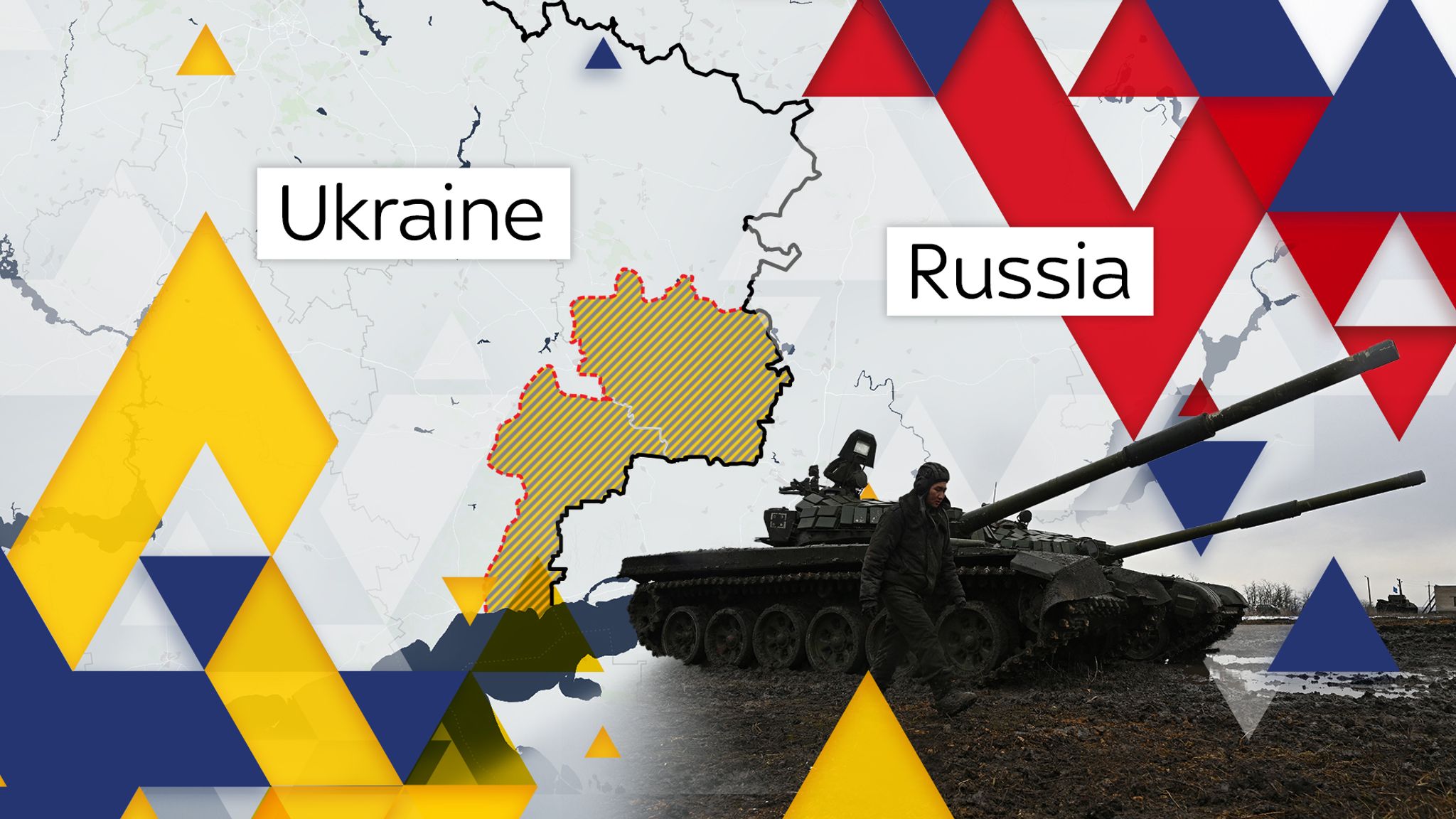In May and June of this year, the Kyiv International Institute of Sociology (KIIS) conducted a public opinion poll on the readiness of Ukrainian society to make territorial concessions to end the war and the perception of possible peace agreements.
Sociologists noted that between May 2022 and May 2023, about 8-10% of respondents were ready for territorial concessions, and 82-87% were against any concessions. After May 2023, there was a gradual increase in the share of those ready for territorial concessions: 19% at the end of 2023 and 32% in May 2024.
The results were quite expected for the third year of the war in a country that is terrorized daily by shelling, Russian IEDs, mobilization and corruption scandals, and power outages. Currently, 55% of Ukrainians are firmly against territorial concessions, but there is a downward trend in this figure. Citizens see that the state lacks both motivated human resources and sufficient modern weapons, which are provided by Western partners in a very dosed manner, to return the 1991 borders.
The survey was offered in the form of a choice of a peaceful scenario between three options:
Option #1 received the general agreement of 38% of respondents:
- Russia retains control over all currently occupied territories
- Ukraine refuses to join NATO, but becomes a member of the EU and receives Western funding for reconstruction
Option #2 – 47%.
- Ukraine does not officially recognize it, but Russia maintains control over the occupied territories of Zaporizhzhia, Kherson, Donetsk, Luhansk regions and Crimea
- Ukraine becomes a member of the EU and NATO and has real security guarantees
Option 3 is 57%.
- Ukraine does not officially recognize it, but Russia retains control over the occupied territories of Donetsk and Luhansk oblasts and Crimea, but returns control of Zaporizhzhia and Kherson oblasts in their entirety. Ukraine becomes a member of NATO and the EU.
Some quite reasonably suggest that the publication of such polls may indicate preparations for negotiations with Erefia and pressure from Western partners to end the war. In this case, it may also be presented as the “will of the people” so that the authorities can justify their decision to “pause” the return of the 1991 borders. However, not all of the three options are realistic. For the third option, Ukraine currently lacks resources that could be jeopardized after Trump’s victory. Although, if the offensive is successful this summer, there are still chances to liberate some of the territories of Kherson or Zaporizhzhia – the arrival of F-16 fighters may make such a scenario possible.
In the absence of significant breakthroughs, the second option, which freezes the existing front line but has a number of weaknesses, seems the most realistic. It may be presented to Ukrainians as a panacea, but no one can guarantee that Erephia will not attack with renewed vigor after the conflict is frozen. Economic blackmail or odious statements by Hungarian and Polish politicians regarding national and historical claims to Ukraine, which they try to present as a “condition for EU accession,” could block or slow down Ukraine’s European integration for many years. In this case, Ukraine could find itself with nothing, unless Washington and Brussels put their frivolous Eastern European partners in their place. Recognizing the impossibility of liberating the territories and not receiving real results of European integration, Ukrainians will perceive this situation as a defeat and betrayal, which could lead to social unrest, a new Maidan, and, as a result, another stage of Russian invasion. The West should realize the realism of such a scenario and guarantee Ukraine immediate European integration and the NATO security umbrella, without any demands.
However, the weakness of the KIIS poll is that no one actually guarantees us either Erephia’s agreement to stop, except under the condition of Ukraine’s surrender and submission, or an invitation to join NATO. Today, sustainable peace in Eastern Europe is only possible thanks to the capabilities of the Armed Forces and the West’s realization of its own values, not in words but in deeds.
Author: Valeriy Maydanyuk


Leave a Reply